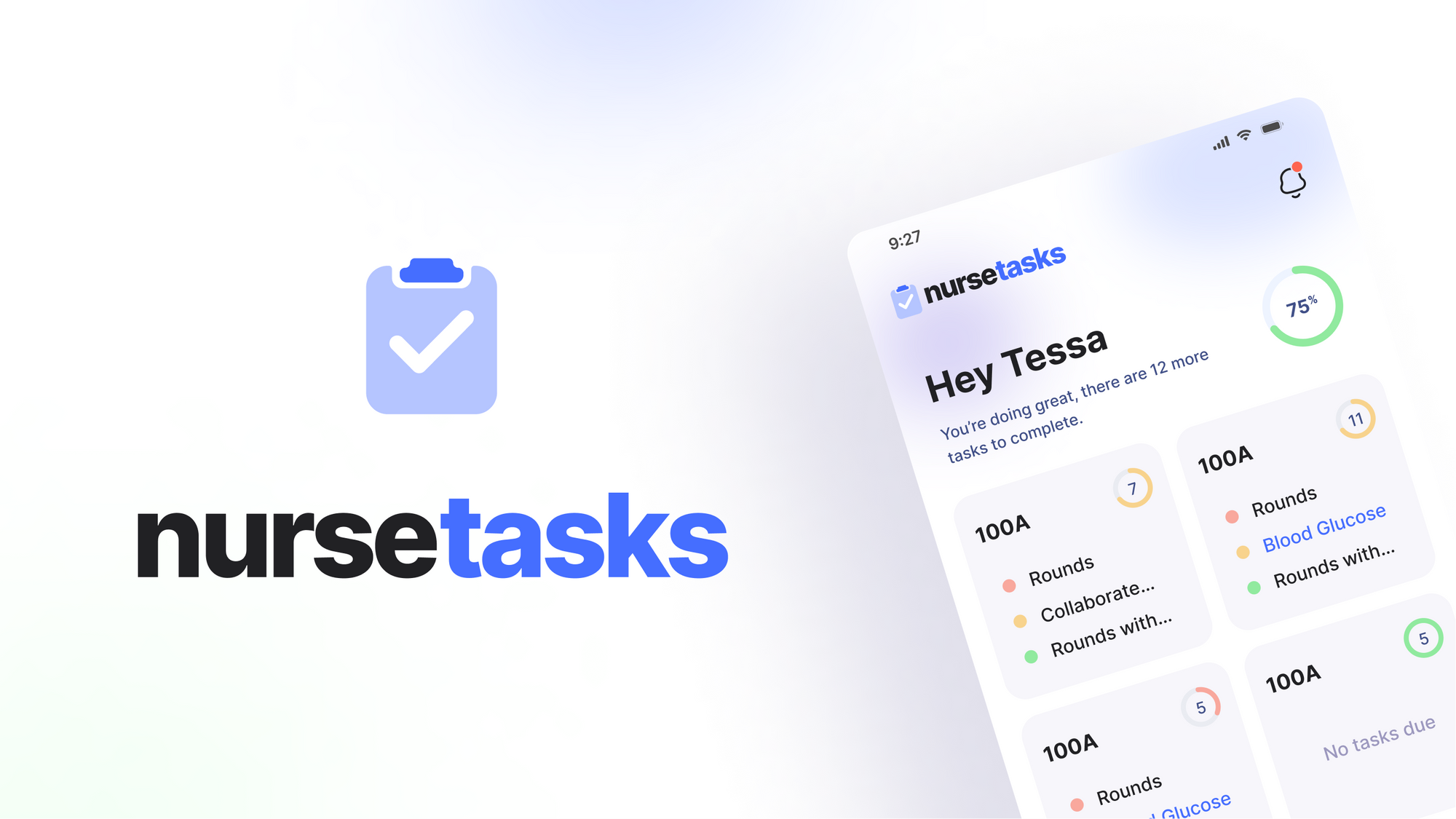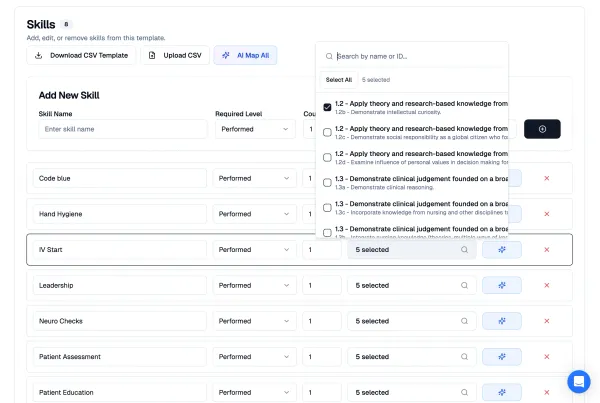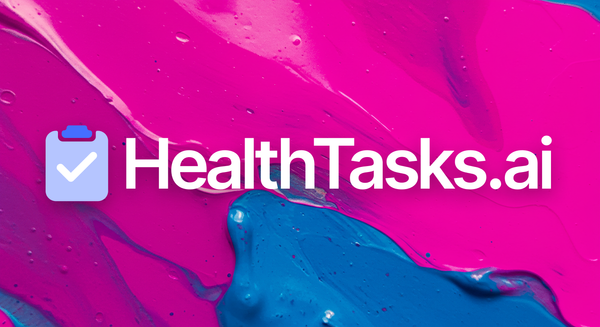10 Ways to Manage Nursing Stress

Working as a nurse can be incredibly rewarding, but it can also be incredibly stressful. Long hours, high stakes, and emotionally taxing work can all take a toll on your mental and physical health. However, it’s important to find ways to manage your stress so that you can continue to provide high-quality care to your patients. Here are ten strategies you can use to manage stress as a nurse:
1. Practice mindfulness
Mindfulness is the practice of being present in the moment and accepting your thoughts and feelings without judgment. By practicing mindfulness regularly, you can reduce stress and improve your overall well-being. There are many mindfulness exercises you can try, such as deep breathing, meditation, or yoga. You can find mindfulness exercises and guided meditations on websites like Mindful.org or through smartphone apps like Headspace and Calm.
2. Exercise regularly
Exercise is a great way to reduce stress and improve your physical health. Whether you prefer running, swimming, or lifting weights, find an activity that you enjoy and try to do it regularly. Even a short walk during your lunch break can be helpful. Check out the American Heart Association’s recommendations for physical activity for adults or find workout ideas on websites like Fitness Blender.
3. Get enough sleep
Lack of sleep can exacerbate stress and make it harder to cope with challenges. Aim to get 7-8 hours of sleep each night and try to stick to a consistent sleep schedule.
4. Take breaks
It’s important to take breaks throughout the day to rest and recharge. Even a short break can help you feel more refreshed and energized.
5. Practice self-care
Self-care is any activity that you do to take care of your physical, mental, and emotional health. This can include things like taking a relaxing bath, reading a book, or spending time with friends and family.
6. Eat a healthy diet
Eating a healthy diet can improve your physical and mental health, and help you better manage stress. Try to eat a variety of fruits, vegetables, whole grains, and lean proteins.
7. Find support
Talking to friends, family, or colleagues about your stress can be helpful. You can also consider joining a support group for nurses or seeking out counseling or therapy.
8. Learn time management skills
Effective time management can help reduce stress by allowing you to prioritize tasks and minimize distractions.

9. Set boundaries
Setting boundaries can help you better manage your workload and reduce stress. This can include things like saying no to extra shifts or delegating tasks to other team members.
10. Laugh
Laughter is a powerful stress reliever, so don’t be afraid to find humor in your work. Share a funny story with a colleague or watch a funny video during your break.
Hopefully, you can use these tips to reduce your stress and avoid nursing burnout. If you want some more tips on how to prevent nursing burnout, check out this article on 5 Evidence-Based Strategies to Reduce Nursing Burnout.







